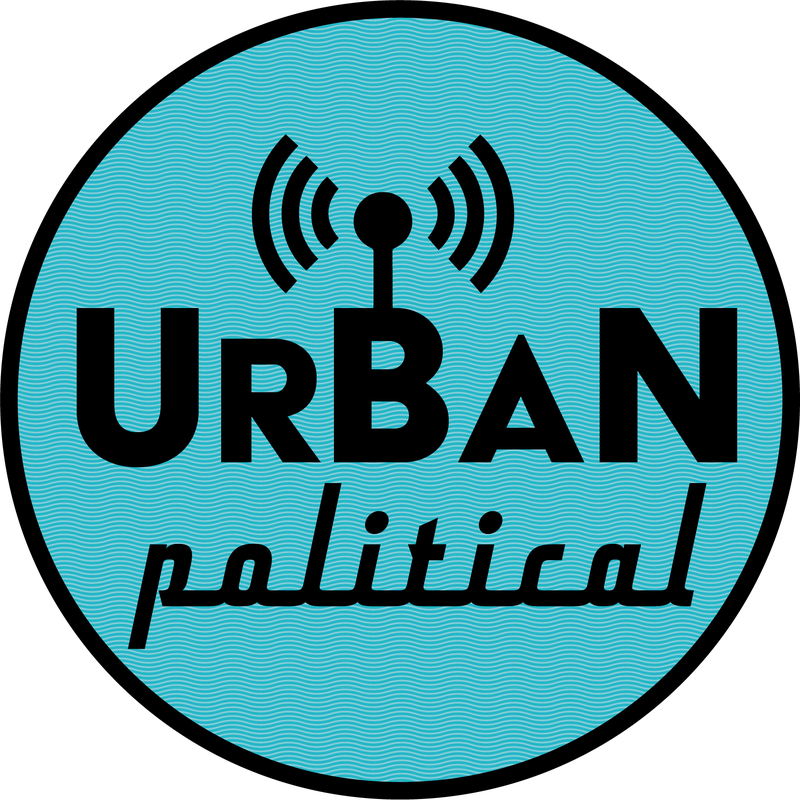In Conversation with Jean-David Gerber (The Urban Lives of Property Series III)
This episode of the Urban Lives of Property Series expands discussions geographically and conceptually: Our guest in this episode, Jean-David Gerber, helps us think property from Switzerland and other places. Starting off with the observation that there is no single understanding of property, Jean-David argues that it is important for any consideration to be context-specific and to realize that property is not the same as propriété or Eigentum. Jean-David elaborates on his approach to property on the basis of the Institutional Resource Regime framework that he has been working on with colleagues for many years. Based on his fieldwork in Ghana, Senegal and Switzerland, he discusses the application of the framework aimed to consider the combined effects of public policies and property rights on the use of resources and the users themselves. Focusing on the case of Switzerland, he talks us through the legacy and ongoing relevance of old forms of collective property in forests and shared pastures in the mountains. Moving to the debate around new (urban) commons, the episode also covers current struggles and conflicts around the land policy paradigm in Switzerland, as well as new ideas in planning to exercise greater influence in urban development in the public interest.
Guest: Jean-David Gerber is an associate professor at the Institute of Geography of the University of Bern, Switzerland. His current research focuses on the political processes of spatial planning, the provision of affordable housing, the role of the commons in cities, the transition to agroecology and processes of decommodification, in both European and African contexts. The multifaceted institution of property forms the backbone of his research, as does a long-term interest in issues of social sustainability.
Cover Image: The Swiss civil code states that “the owner of an object is free to dispose of it as he or she sees fit within the limits of the law.” This definition of property illustrates the subtle balance to be negotiated between the owner’s individual freedom to (over)use an “object” and the collective interest in restricting this freedom for the benefit of other (non-owning) individuals. Image Credits: Jean-David Gerber
